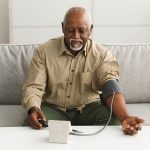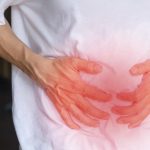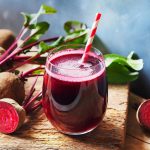
Got milk? It turns out, plain cow’s milk, water and a bit of veggie juice are still the best drink choices for kids and teens. That’s the consensus of experts who recently issued healthy beverage recommendations for kids and teens aged 5 to 18. The expert panel — convened by Healthy Eating Research, a national program of the Robert Wood Johnson Foundation — included members from the Academy of Nutrition and Dietetics, the American Academy of Pediatric Dentistry, the American Academy of Pediatrics and the American Heart Association. Its recommendations follow a five-month review of scientific literature, according to The Washington Post. Unsurprisingly, the panel said water should be “primary beverage for meeting hydration needs,” with the recommended daily intake ranging from 16 to 88 ounces, depending on a child’s age and sex. Tap water, the panel wrote, is preferred because it’s affordable, eco-friendly and often has fluoride added to prevent tooth decay. Plain pasteurized milk — preferably low-fat or fat-free — was also recommended for its essential nutrients. The panel said 100% fruit or vegetable juice is acceptable but should be limited due to its high calorie content. The panel also said plant-based milks, like almond or oat, lack key nutrients and should only replace dairy if medically necessary. It said flavored and sweetened milk should be avoided or limited. Sugar-sweetened beverages, like sodas… read on > read on >



























-300x200.jpg)










